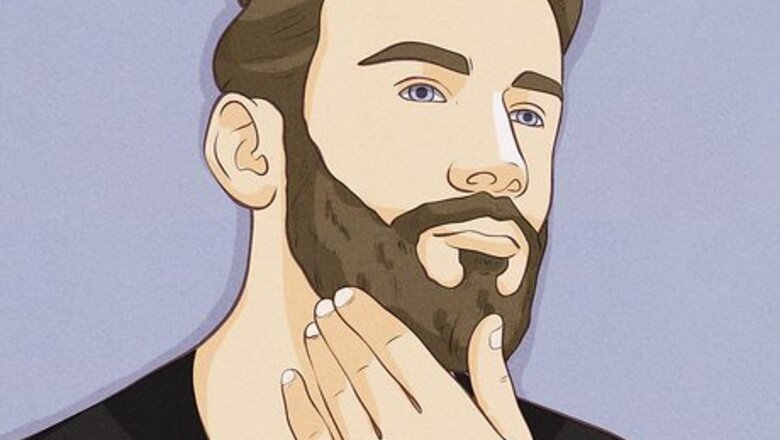
views
Growing and Shaping the Beard
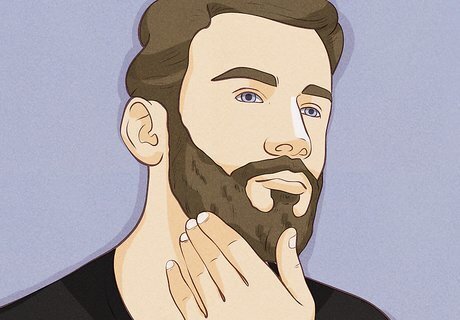
Let your beard grow to the desired size. Before you can style a beard, you have to give it time to grow. Leave it alone. Seriously, no trimming or shaving for at least a couple of weeks. It’ll look messy, but remember that your beard won’t look the same when it reaches full length. When starting clean-shaven, it takes at least two weeks to achieve short beard status. You can then begin trimming unless you want your beard to be longer. Every beard grows at a different rate and to different lengths. For some men, a full-length, natural beard can take up to a year to grow.
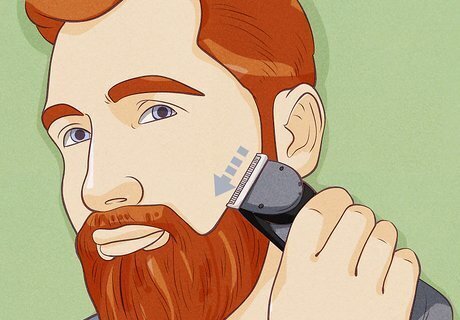
Trim the edges until your beard is tidy. Let the beard grow for about a month before you try trimming it. Pick up a beard trimmer to refine the edges but be careful! Remember that you’re removing very little hair here. Too much means a look you’d rather hide from friends. Even out the neckline at your Adam’s apple. Cut hairs above the natural line of your cheeks until your beard line forms a curve from ear to ear.
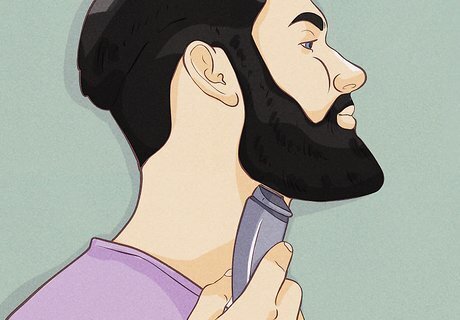
Fade the hairs along your neck. Trimmers with adjustable guards are needed to accomplish the fade. Start from your Adam’s apple with a low-number guard such as a two or three. Trim all the way up to where your neck meets your jaw. Switch to a one or two guard and shave up an inch (2.5 cm) from your Adam’s apple. The lower the guard number, the closer it cuts your hair. A one guard leaves behind less hair than a two guard, but using them next to one another creates a gradual fade. Anything below your Adam’s apple should be shaved. Carefully use a razor or remove the guard from your trimmer.
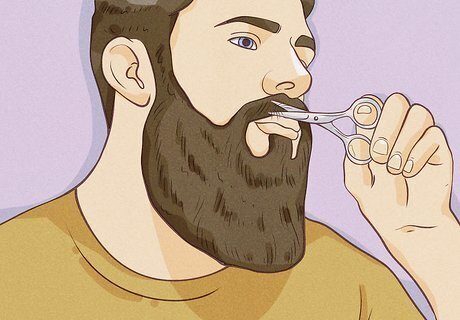
Trim the beard to maintain its shape. Once you’ve established your look, all that’s left is maintaining it. Over time, it’ll grow and lose shape. When you notice this, trim the edges again and renew the fade. Trimmer guards make length maintenance simple. Find a guard that leaves you with the hair length you desire and stroke it downwards through your beard. Scissors are another option for shortening overgrown hairs. Establish a routine of washing, oiling, and brushing your beard if you haven’t already. Your beard will thank you by being plush and pliable.
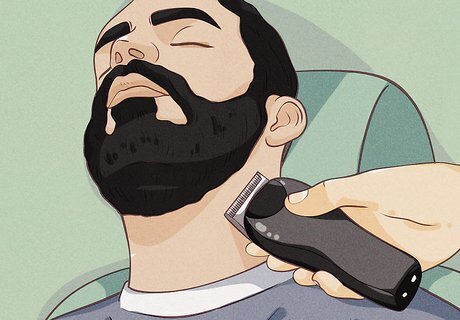
Visit a barber for advice and maintenance. Getting the opinion of a professional never hurts in matters of the beard. In addition to giving you advice on what style works best for you, they’ll keep your beard in tip-top shape. Ask for a beard trimming every three to four weeks. If you ever doubt what you’re doing at home, your barber will also be happy to give you advice.
Matching Your Beard and Face Shape
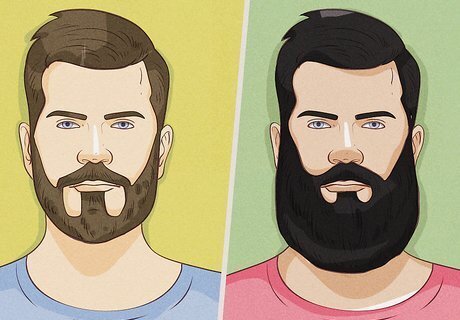
Match the beard to your facial structure. Before you consider trimming, imagine how the beard will look when you’re done with it. The best-looking beards compliment your facial structure. Barbers recommend rounding your face into a balanced, elongated oval shape. You can search online for beard styles and the facial types they match. For example, if your head is more square than round, keep the sides longer than what’s under your chin. It’ll round out your face. For rounder faces, trim the sides and grow out the bottom. The hairs under your chin add length to your face.
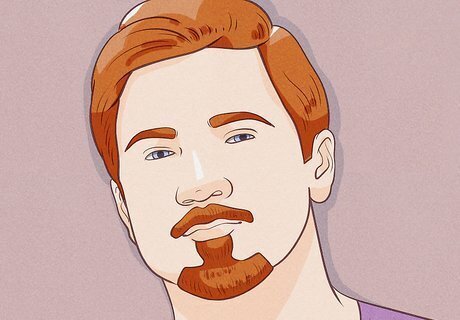
Style your beard as a goatee to look sophisticated. Sure, the goatee sounds standard, but it’s easy to grow and looks good on many men. It requires keeping the hair trimmed close. Your face stays barren besides the mustache and the hair around your mouth and chin. This style is perfect for oval-shaped faces, as they already have the ideal proportions. You may also grow your beard out a little, but don’t overdo it.
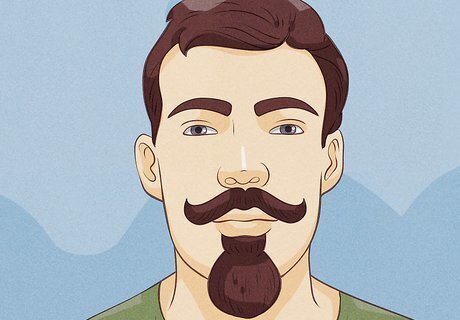
Style your beard in a Van Dyke for a round face. The best options for round faces involve keeping your cheeks clear and adding length to your chin. The Van Dyke allows you to grow a full mustache while also leaving the hair under your mouth alone. Trim the hair so it stays at a short length and try shaping your beard into a point for extra fabulousness! For an oval face beard style, you may let the hair along your jawline to stay. However, the hair on your chin needs to be the focal point, since it elongates your face.
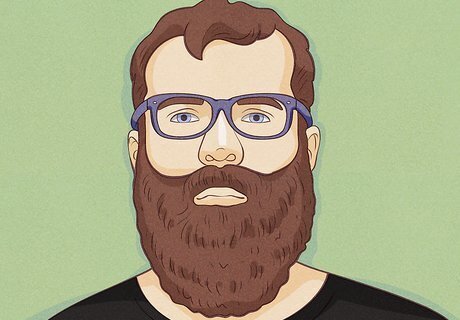
Wear a full beard to balance a triangular face. On a triangular face, your jaw is the prominent point. Maybe you’ve spent time thinking it stood out too much. Take advantage of it by using your beard to fill out the sides. Let your beard grow on your cheeks and down to your jawline. Trim the hair under your chin to a rounded shape, since you don’t want to make your point pointier. You can trim the beard short or keep it long. You may also clear off your cheeks and maintain your jawline short for a chinstrap look.
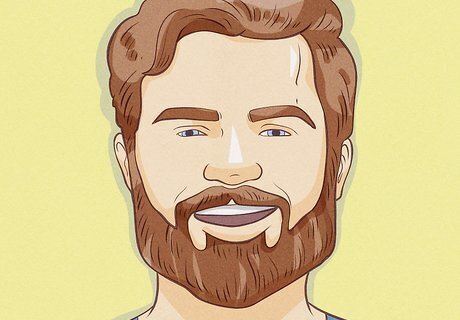
Wear a circle beard on a square face. Circular beards are very common and are perfect for balancing square faces. The goal is to cover up your sharp angles, so there’s no better way than achieving a beard with that has no angles. Grow out your mustache and chin hairs. Keep those parts short and rounded while removing any hair beyond them.
Cleaning the Beard
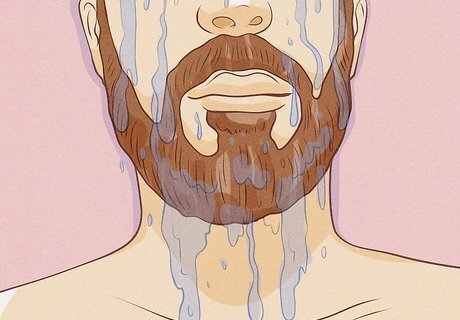
Rinse the beard daily. Rinsing is the easiest way to care for your beard. Stand under the shower and let the water pass through it. You can use your fingers or a waterproof brush to let the water in. At the very least, rinsing will get rid of the dandruff, loose hairs, and crumbs from the sandwich you ate yesterday.
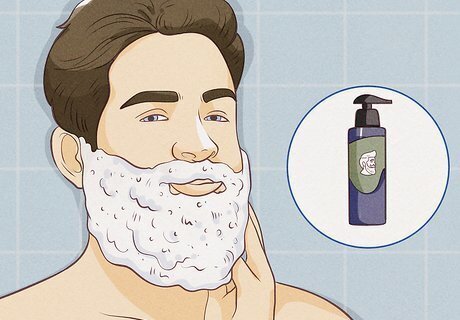
Shampoo your beard once a week. Rub shampoo through your beard as you would your hair. Shampoo helps relieve the itchiness you feel while your beard grows. While it does help soften longer beards, frequent shampooing will end up drying out your hairs. Shampoo at least once a week and no more than three times as needed. You may use a bar of soap instead of shampoo to treat short beards.
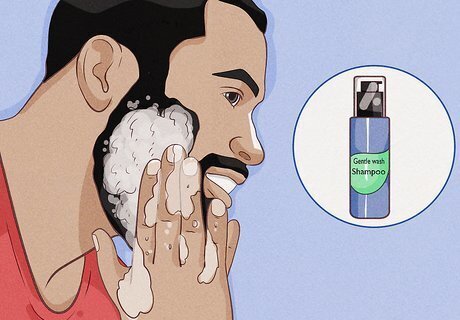
Switch to a gentle shampoo for longer beards. Medium and long beards require a different kind of shampoo than what you use on your head. Look for products that claim to be gentle washes. You’ll also find specialty beard washes in stores or online. Continue to use these one to three times a week. For short beards, a.k.a. the kind that don’t hang off your face, you may still use the same shampoo you use on your hair.
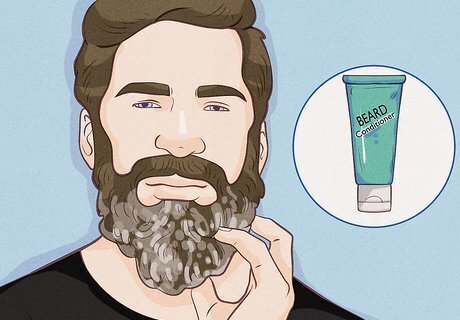
Use conditioner to freshen up between washes. Conditioner isn’t a requirement. It’s great for cleaning your beard without drying it out, so it’s often used between shampoo washes. Look for products that have natural ingredients such as argan or coconut oil. Rub it into your beard and let it sit for a few minutes before rinsing it out in the shower.
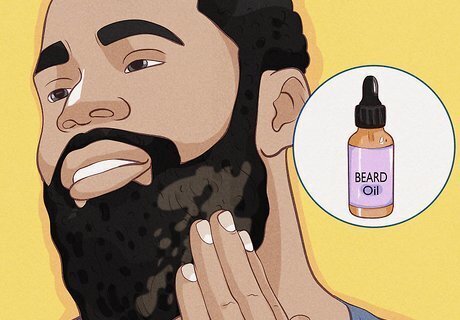
Comb in beard oil when you get out of the shower. Washing your beard strips it of its natural oils. Beard oil replaces those oils, preventing dandruff and keeping hair soft for styling. Treat your beard with oil daily, or whenever it feels dry. Squeeze a dime-sized drop into your hand and work it into your beard with your fingers. Massage the oil from the root to the tip of your hair. Afterwards, comb out your beard or simply use your fingers to coat every hair in the oil. Avoid oils that have alcohol in the ingredients. These will dry out your skin. Beard oil can be used on sensitive skin. Some oils, particularly coconut oil, may give you acne, so switch to mineral, argan, or jojoba oil. If you plan on styling a small area, use beard balm instead. Remember to wash your beard oil out every once in a while so it doesn't build up in your hair.
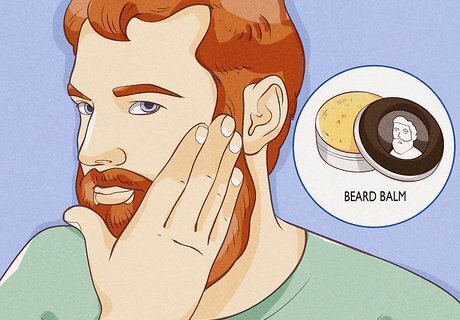
Add beard balm to style a damp beard. Beard balm works like beard oil, except it doesn’t reach your skin. Instead, it gives you more styling options, including twisting hairs into points. Squeeze a dime-sized drop into your hand and use your fingers to spread it through the area you wish to style. The balm needs to be applied when your hairs are moist, such as after getting out of the shower.
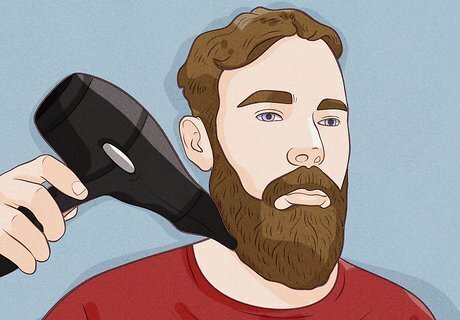
Blow dry the beard into place. Plug in a blow dryer and use it to shape your beard while it’s damp. Don’t comb the beard yet. Instead, work upwards from your neck and dry out the beard. It’ll puff out so it looks nice and full. Blow it down so it falls into the basic shape you desire.
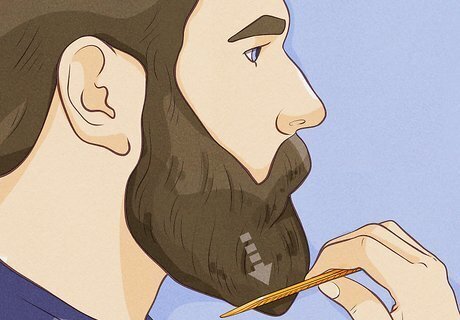
Comb or brush out the beard to finish styling it. Work slowly, pulling the comb through your hair. Finish off your style by brushing out the hair. Combs are great for styling small areas and details. Brushes can smooth out larger areas in a shorter amount of time. It’s up to you to desire whether one or both options works best for you. Good combs are often made out of wood. They snag less than generic plastic combs. Good brushes are also formulated for beards. Natural fibers, such as boar’s hair, are used for softness and distributing oil and balm with ease.
















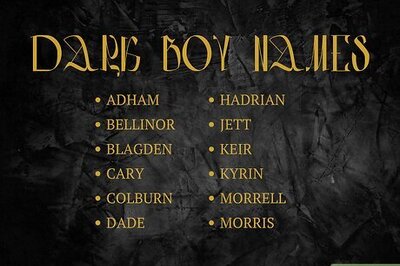
Comments
0 comment